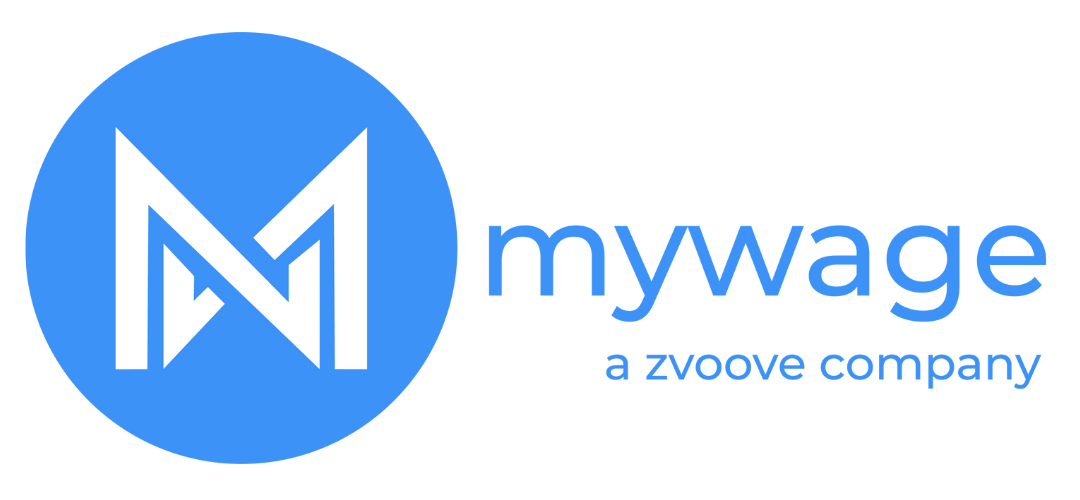In an era dominated by digital innovation, the job hunt process has undergone a profound transformation. With the advent of online job boards, applicant tracking systems, and virtual interviews, technology has revolutionised the way individuals seek employment. While these advancements have offered unparalleled convenience and efficiency, they’ve also raised important questions about the role of human connection in the digital job hunt.
What do workers think of AI in job hunting?

As shown, a total AI takeover in job hunting doesn’t appear to be in the works. These statistics emphasise that while AI has its benefits, the enduring importance of personal connections still withstands.
The data reveals a generational gap, with 49% of older workers preferring to deal solely with humans compared to 25% of younger individuals, who are open to a hybrid approach of AI and human touch. This suggests varying comfort levels with technology and underscores the significance of human touch in the job hunt, especially for older demographics. Despite this, with the Gen Z takeover of the future of work, interpersonal relationships in job hunting will not be dying out, as many people feared.
What do experts have to say?

As said by Kris Harris, looking for a job is a deeply human experience. Delving into the intricacies of finding the perfect position entails more than just matching qualifications. Similarly, in the pursuit of identifying the ideal candidate for a job, understanding someone on a personal level is necessary to ascertain the true suitability of the candidate for the role itself.
This human-centric approach acknowledges the nuanced qualities, aspirations, and motivations of individuals, ultimately fostering meaningful connections and ensuring that a potential hire can flourish.




